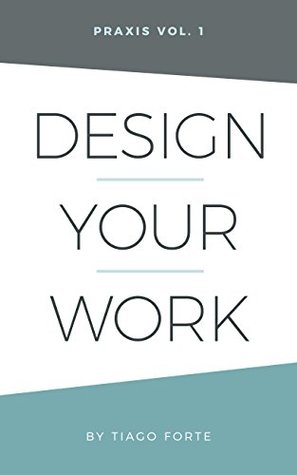Experiments do this by increasing the number of ways to win, while reducing the number of ways to lose. Experiments cannot fail — they can only produce results. At worst, the null hypothesis is confirmed, helping you narrow down the solution space. Either way, you learn something, making your next try more likely to succeed. By treating changes as situational and temporary, and holding your character constant, you mitigate permanent damage to it. Instead of tying a single habit to a single goal — where the failure of the habit is interpreted as the impossibility of the goal — you identify
...more
Welcome back. Just a moment while we sign you in to your Goodreads account.


